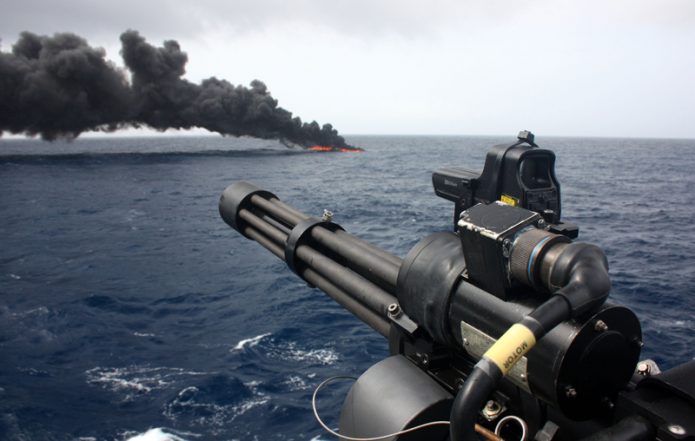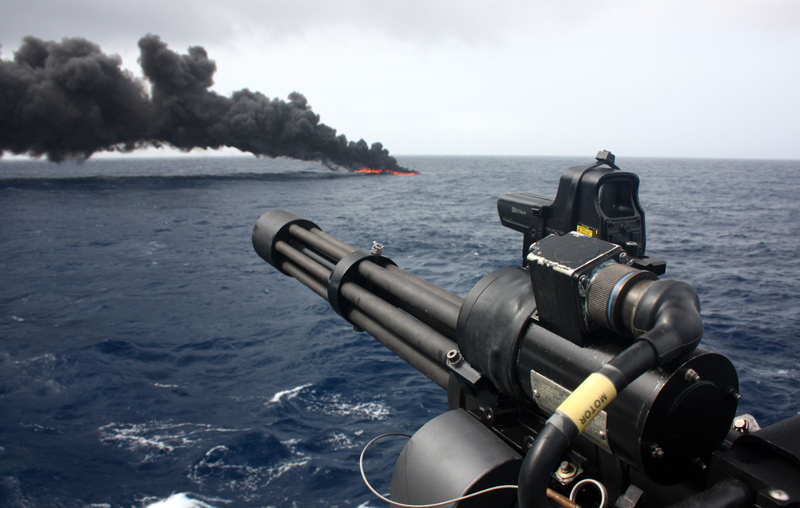
(Photo: stuhillphotography / flickr)
For years, the war on drugs has been called a failure. Even the most recent White House drug czar, Michael Botticelli, used his post as the head of America’s war on drugs to repeatedly decry the “old war on drugs” as a set of “failed policies and failed practices.”
But to some drug policy experts, this was all too predictable. Sanho Tree, a fellow at the Institute for Policy Studies who focuses on the war on drugs, argues that the rules of evolution could have helped predict the drug war’s failures — and how the drug war can in fact make our drug epidemics worse.
To understand why, Tree builds on the theory known as the “balloon effect”: Since drugs are always in demand and highly profitable, dismantling one drug trafficking organization doesn’t just extinguish the drug trade that group worked within. Instead, another drug trafficking organization replaces it, filling the same demand that the old group filled. This has happened time and time again throughout the war on drugs; it’s why the drug trade simply moved from Colombia to Mexico after a US-sponsored anti-drug campaign in Colombia, and why the end of one drug trafficking organization in Mexico just seems to spawn another.
…
